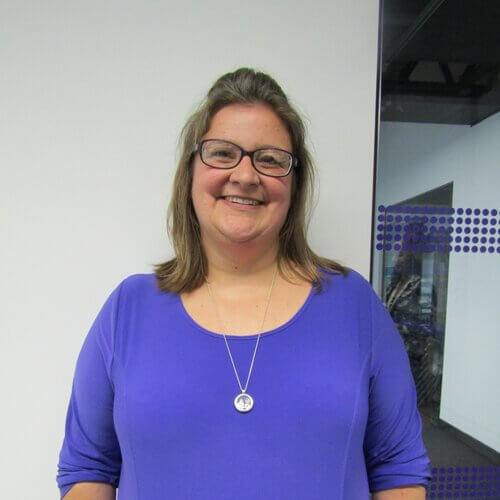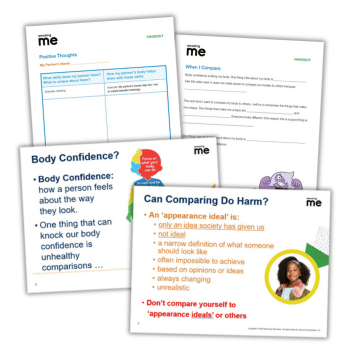Mental health in primary schools – how we improved children’s wellbeing

Lorna Beard discusses how a mental health programme has helped light up pupils’ future

- by Lorna Beard

Peer pressure, social media, video games, disrupted home life and educational struggles are just a few things that can trigger mental health issues in children. But throw in a pandemic, several lockdowns and a school with 44 different languages being spoken and you could have a real melting pot of emotion.
Our school, Castle Academy, is located in one of the most deprived areas of Northampton, so we already have a lot of challenges when it comes to meeting the demands of our students.
But it’s not only our area that’s affected. The recent Children’s Commissioner ‘State of children’s mental health services 2020/21’ report, released in January, also highlighted some concerning figures, such as that one in six children now have a probable mental health condition, and although access to mental health services for young people is improving, it is still far from adequate.
Children’s mental health
But I didn’t need a report to tell me this. Having worked in education for 26 years, I had already seen the impact poor mental health can have on young people.
This helped me identify fairly early on that prevention is better than cure. So, alongside in-house initiatives, such as Calm Corners in classrooms, Hobbit Holes at playtime, which provide children with a safe space to go away from the hustle and bustle of the playground; and Worry Monster post-boxes all over the school so pupils can post their concerns any time to be followed up by an adult, I decided to sign up to LightBulb, the St Andrew’s School Mental Wellness Programme.
Also suitable for secondary schools, LightBulb has been written by teachers at St Andrew’s College, and is designed to help teachers spot the early signs of mental health issues in children and then take appropriate early action.
It provides a ready-made framework for schools so they can demonstrate and showcase excellent mental health practice to regulatory bodies such as Ofsted, while also ensuring they’ve got a really solid culture around supporting pupils with their mental health.
The programme successfully targets young people and equips them with the skills they need to be resilient. In turn, this hopefully reduces the distress they experience, while positively impacting outcomes. I firmly believe early intervention is essential and can make a huge difference to the wellbeing of those children who are experiencing mental health issues.
In-house support
St Andrew’s is located at a psychiatric hospital, where the majority of patients have been sectioned, and as such headteacher Cheryl Smith is incredibly passionate about mental health.
Cheryl and her team work with some very poorly young people who did not receive the help they needed until it was too late. This really highlighted to me how vital it is to ensure our children get the support they need when they need it.
As part of the programme, we also received mental health awareness and support training for all our staff, as well as sessions for both parents and students.
We learned about symptoms, support, and resources. Staff at all levels received the training, because for us, a large part of the rollout was ensuring that every single team member would be able to spot the signs that worry us, so that nobody goes under the radar.
LightBulb is not just about helping children, parents and teachers to recognise the signs early, it’s also about creating a culture of positive mental health which is driven by school leaders and embedded in practice.
If all schools adopted this approach, I really think we could significantly reduce the number of children who go on to develop complex mental health problems, while also encouraging them to establish coping skills which are vital for overall development.
Now everyone at Castle feels more confident in spotting the signs early and stepping in before permanent damage is done. If you’re a school that’s open to honest and professional dialogue and wants to move things forward, then I think the support you will get from St Andrew’s is open-ended.
Having seen first-hand the difference LightBulb has made I can confidently say it’s changed children’s lives and will go a very long way in providing the building blocks for openly talking about worries and concerns which if left, could have devastating outcomes in the long-term.
Lorna Beard is head of inclusion at the East Midlands Academy Trust (@eastmidsacademy). More information on LightBulb is available at stah.org/education/light-bulb/
Explore resources for Children’s Mental Health Week and browse World Mental Health Day activities and Mental Health Awareness Week ideas.










